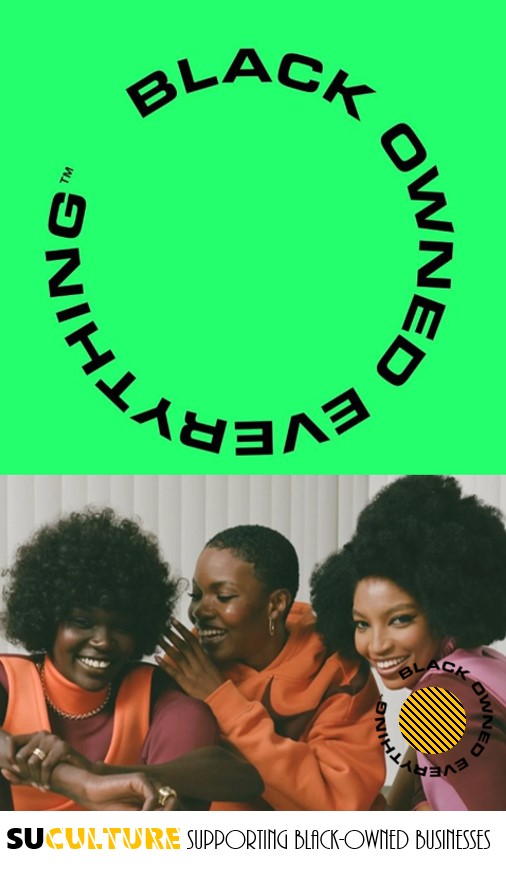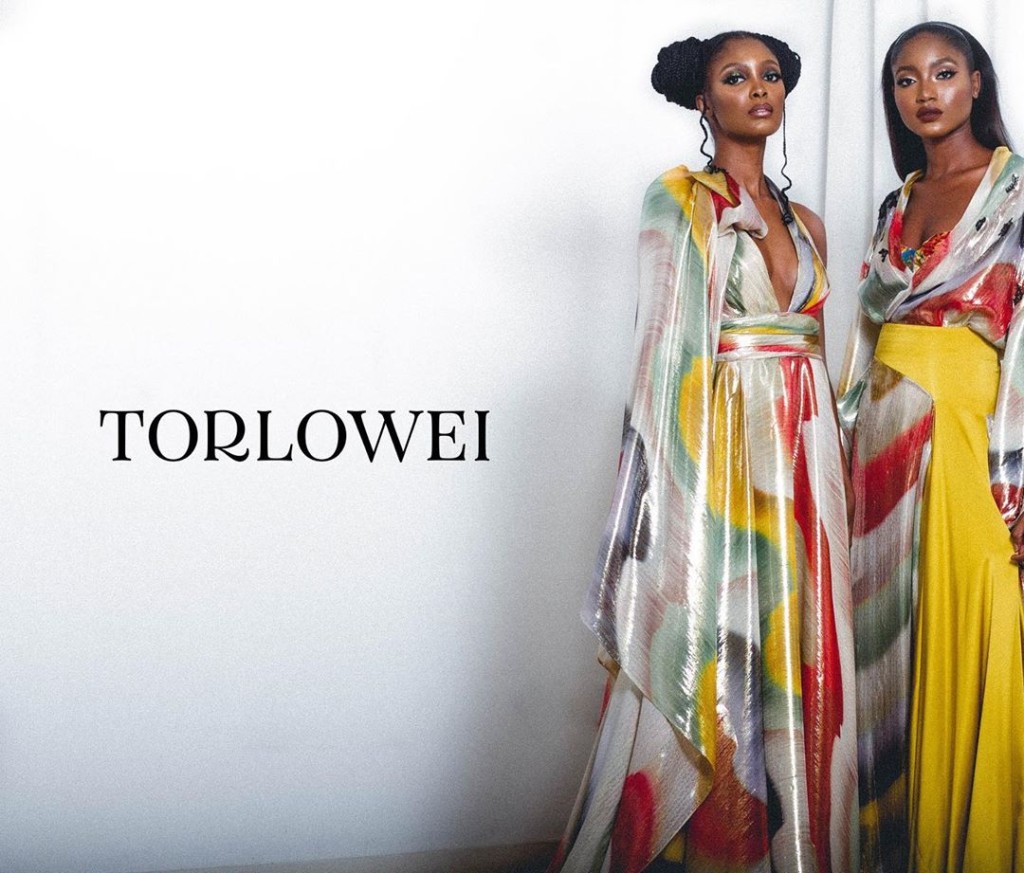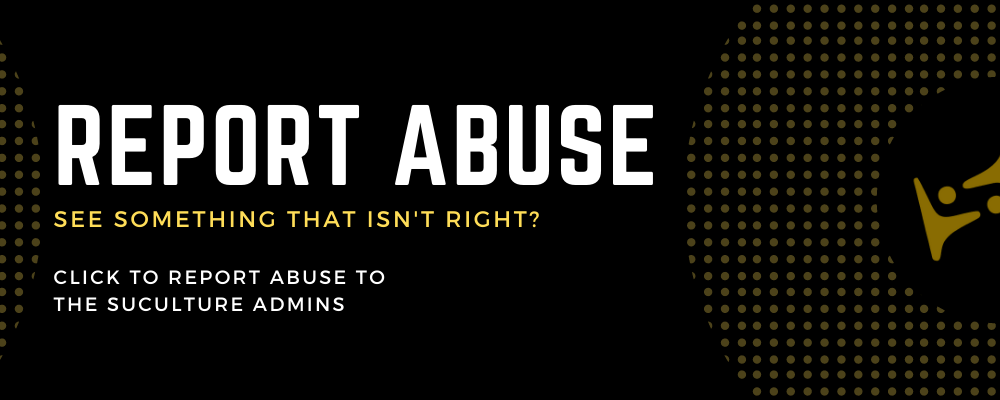-
OnkọweAwọn ifiweranṣẹ
-
-
Breaking the Cycle:
Misogyny, the
Legacy of Male
Presidents, and the
Election of the
First Black Female
President of the
United States: What
could have been.

In the annals of U.S. history, the presidency has been exclusively occupied by men, each shaping—intentionally or otherwise — the social norms, policies, and cultural attitudes toward gender and race.
Despite progress in other realms, misogyny has remained deeply entrenched in American politics, while racial and gender-based barriers continue to silence the voices of many. In this context, electing a Black female president wasn’t simply a matter of representation. It was a crucial step toward dismantling the deeply embedded structures of sexism and racism and reimagining a presidency that reflects America’s diversity and values.
The Roots of Presidential Exclusivity: A History of Male Dominance.
Since George Washington’s inauguration in 1789, 46 men have served as President of the United States, each presiding over a system built on patriarchal and Eurocentric values. American institutions have long operated under the premise that leadership equates to masculinity. Early U.S. leadership imposed and enforced gender-based discrimination, denying women the right to vote until 1920 and establishing power structures that encouraged political misogyny. As a result, the collective American consciousness has been shaped by centuries of policy shaped exclusively by male leaders.
Efforts to break this cycle have been slow and uneven. Women in politics have often faced disproportionate scrutiny and sexist double standards, confronting widespread public skepticism of their leadership abilities and moral fitness. Hillary Clinton’s presidential campaign, for example, was met with extraordinary vitriol, revealing how misogyny is mobilized against women who seek executive power. Indeed Black women face additional layers of prejudice, frequently typecast or silenced in a system that routinely prizes Eurocentric male voices above all.
Misogyny in Politics: A Persistent Barrier.
Despite advances toward gender equality in other fields, political misogyny persists and even thrives in the U.S.
The mechanisms of misogyny within politics — be it character assassination, body shaming, or the undermining of women’s competence — are often subtle but effective in maintaining male dominance. Women who aim for the highest office confront a barrage of challenges, not just from opposing candidates but from a culture that inherently questions their legitimacy in leadership roles.
Misogyny and racism together create a nearly insurmountable hurdle for Black women in politics. Beyond facing stereotypes associated with race and gender, Black female candidates contend with the “double jeopardy” of sexism and racism. Women like Shirley Chisholm, the first Black woman to seek a major-party nomination for the presidency in 1972, endured intense scrutiny and resistance, with little institutional support or acknowledgment of her groundbreaking contributions. Chisholm once famously said, “If they don’t give you a seat at the table, bring a folding chair.” However, half a century later, systemic misogyny and racism still deny Black women their rightful place at the political table.
Why a Black Female President is Essential Now!
The lack of diversity in the highest office, until now, means America has missed out on perspectives that would enrich and transform its approach to governance. Black women bring unique insights, resilience, and solutions shaped by lived experiences that many of their male counterparts cannot replicate. Black women are the backbone of their communities, often leading movements for justice, equality, and economic stability, yet they remain underrepresented in positions of high power.
The presidency has the symbolic power to change narratives, break down prejudices, and open doors for future generations. The presence of a Black female president was meant to signal a seismic shift, showcasing America’s commitment to confronting its fraught history with race and gender and rewriting a story of resilience and inclusion.
Beyond the symbolic, research also underscores that diverse leadership leads to more equitable policy outcomes, addressing issues such as healthcare, education, economic disparity, and social justice with fresh perspectives and greater empathy.
Dismantling Structural Barriers.
Electing a Black female president, presents a unique opportunity for America to confront its reluctance to challenge misogyny and racism. This involves rethinking how campaigns are financed, how candidates are represented in media, and how voters perceive the qualities that define a “good leader.” Electing a Black female president represents more than achieving an elusive milestone; it helps to dismantle the systemic barriers that have historically kept power in the hands of a few.
The election of Kamala Harris was not just about advocating for policies that benefit all Americans, but would have served as a powerful example for young women and men alike, illustrating that leadership is not confined to one gender or one race. To truly change American politics, the barriers that prevent women —especially Black women — from ascending to the highest office must be recognized and systematically dismantled.
Conclusion.
The election of the first Black female president in the United States was not simply a matter of representation; but a vital step in creating a more equitable society that values diverse voices and experiences. The historical precedent of male presidents has confined American leadership within rigid boundaries that fail to reflect the nation’s diversity and the challenges it faces.
By shattering the mould that has excluded Black women from the highest echelons of power, this would have been a transformative step that America would have taken toward inclusion and justice. The country needs leaders who reflect all its citizens, and the time for a Black female president is not a distant aspiration — it is an urgent necessity for a fairer future.
ASEJE.
-
The article leans heavily into the symbolic importance of a Black female president.
A deeper dive into how the policies championed by a Black female politicians, such as equitable healthcare, criminal justice reform, or economic support for disadvantaged communities, aligning with a broader agenda for equality would have provided practical outcomes for U.S communities.
A symbolic victory to vote the first Black female president has indeed been missed.
-
This focus on intersectionality is timely and relevant, bringing attention to the compounded difficulties Black women face in the political arena. The emphasis on “double jeopardy” strengthens the argument for why a Black female president is not only overdue but essential for progress on multiple fronts, as she would bring insights informed by overcoming both types of discrimination.
-
-
OnkọweAwọn ifiweranṣẹ
O gbọdọ wọle lati fesi si koko yii.









